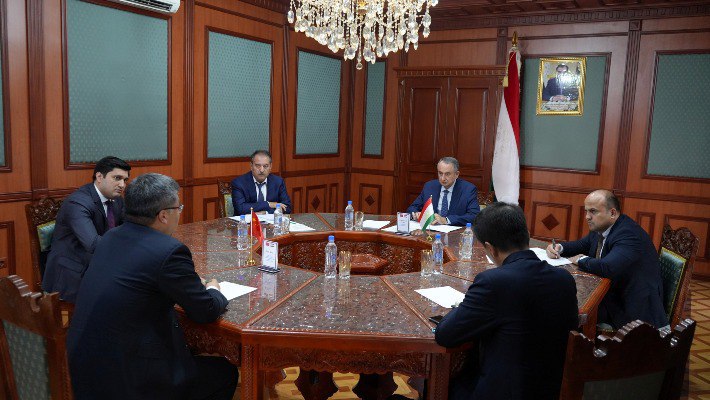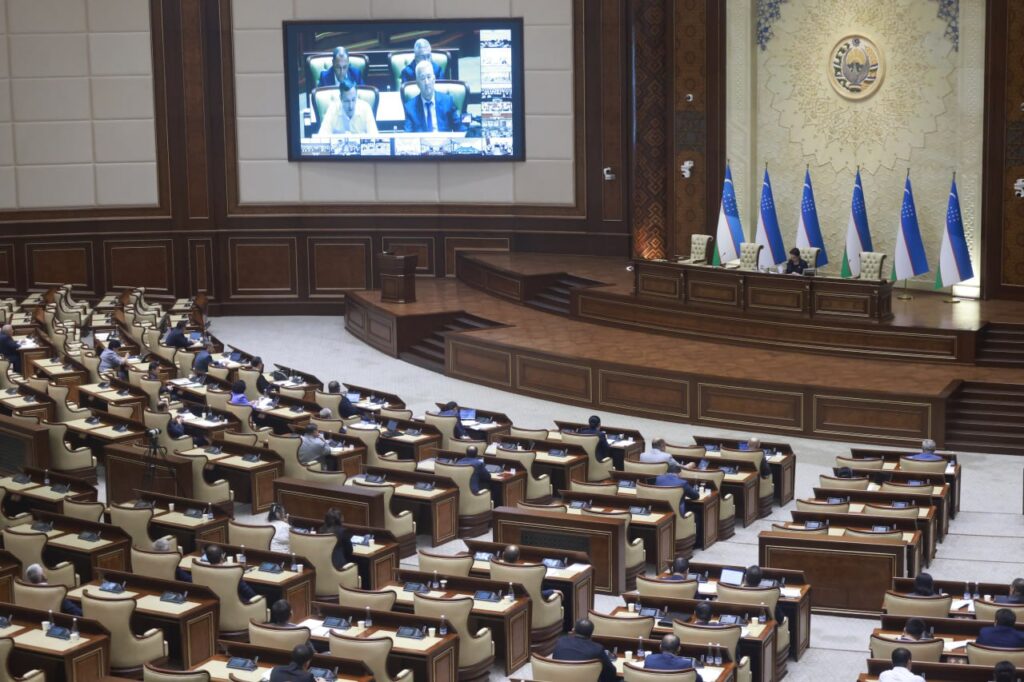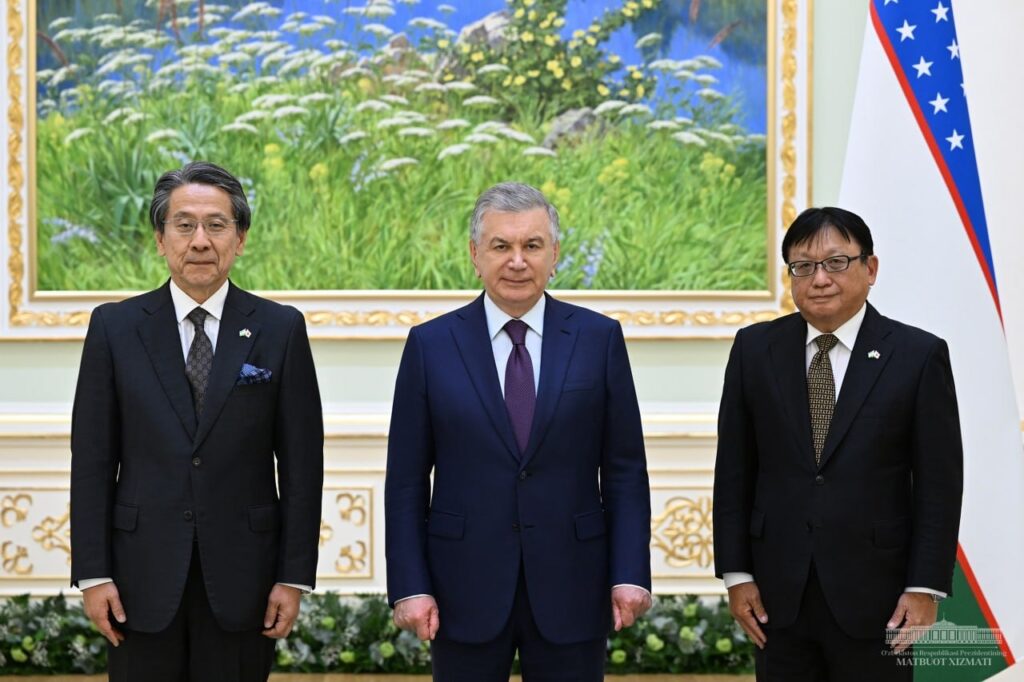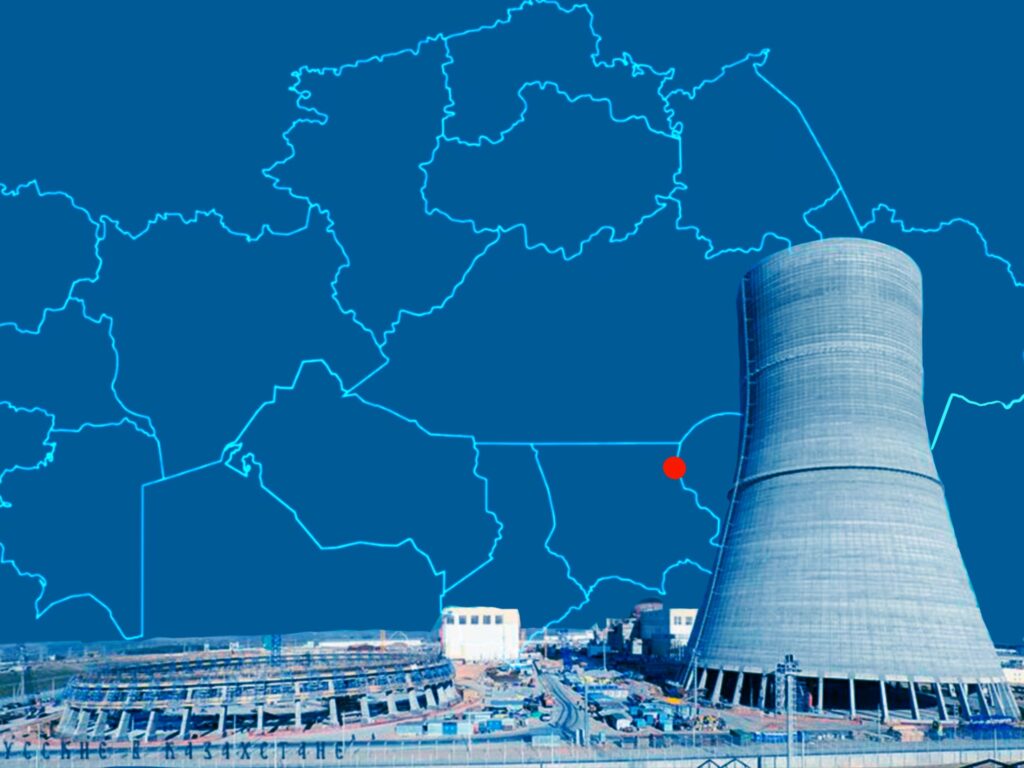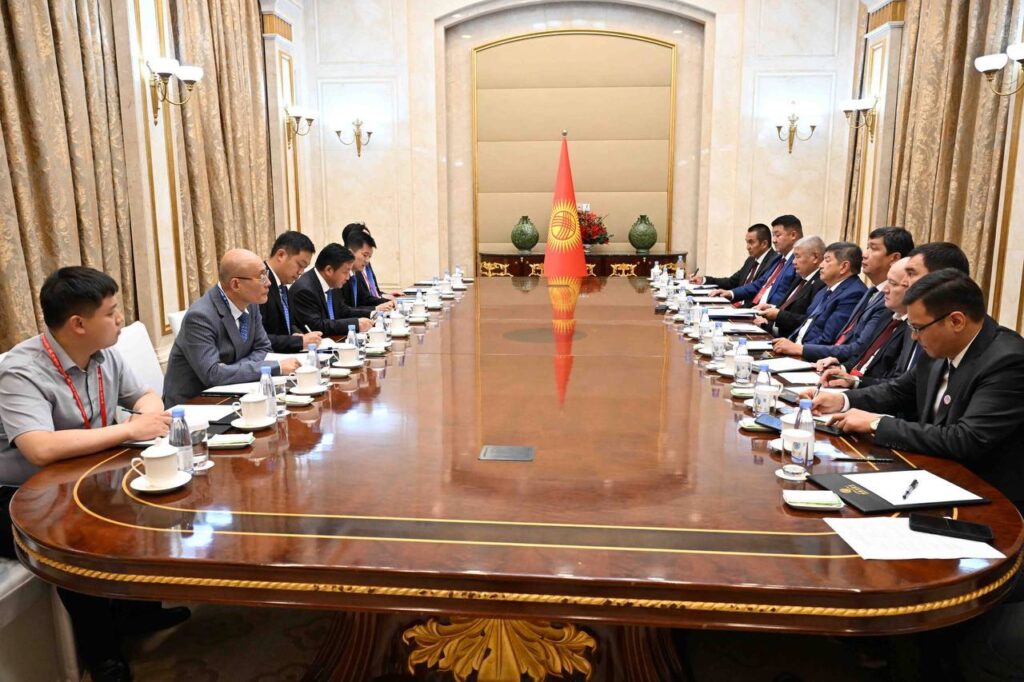The World Bank announced on July 11 that its Board of Executive Directors has approved $13.6 million in additional financing for the Kambarata-1 Hydropower Plant (HPP) Project in Kyrgyzstan. This additional funding will supplement the ongoing $5 million Technical Assistance Fund. The World Bank is aiming to support the government of the Kyrgyz Republic in preparing the Kambarata-1 HPP project in an environmentally, technically, financially, and commercially sustainable manner. Hugh Riddell, World Bank’s Country Manager for the Kyrgyz Republic, commented: “The World Bank is assisting the Kyrgyz Republic in developing its vast clean energy potential, which would be key to realizing the country’s and region’s bold initiatives on clean energy transition and enhanced regional cooperation on energy and water. World Bank support will help the government of the Kyrgyz Republic to comprehensively prepare the Kambarata-1 HPP Project in a sustainable and bankable way.” The ongoing Technical Assistance for the Kambarata-1 Hydropower Plant Project has made significant progress since its approval in the fall of 2023. The project feasibility update has commenced, and environmental and social reports are being prepared. In addition, a Donor Coordination Committee was established during the International Energy Investment Forum held in Vienna in June 2024. This additional financing is needed to ensure comprehensive and in-depth implementation of several critical activities, including establishing panels of experts on dam safety, environmental, and social concerns. The funding will also help in designing a benefit-sharing plan, structuring the project’s financing plan and commercial framework, and establishing a company to run the dam upon its completion. The additional financing is to be provided on highly concessional terms and comprises $11 million of credit at zero percent interest, with repayments eased over 50 years and a 10-year grace period. In addition to this credit, there is a $2.6 million grant from the Central Asia Water and Energy Program (CAWEP), which requires no repayment. The CAWEP is a multi-donor partnership between the World Bank, the European Union, Switzerland, and the United Kingdom, which is aimed at strengthening regional cooperation on water and energy security in Central Asia, which is facing a climate emergency. The Donor Coordination Committee for the construction of Kambarata-1 HPP was established at the Kyrgyz Republic International Energy Investment Forum, which was held in Vienna on June 10. The Committee comprises major international financial institutions and development partners, including the World Bank, the OPEC Fund, the Asian Development Bank, the Asian Infrastructure Investment Bank, the Islamic Development Bank, and the European Bank for Reconstruction and Development. Speaking at the Vienna forum, Chairman of the Cabinet of Ministers of the Kyrgyz Republic Akylbek Japarov said that the Kambarata-1 HPP project has broad economic, environmental, and social benefits and prospects for both Kyrgyzstan and the rest of Central Asia. The project will provide Kyrgyzstan and Central Asia with clean energy at the lowest possible cost. The Kambarata-1 HPP will be situated in the upper reaches of the Naryn River in Kyrgyzstan. Its installed capacity will be 1,860 megawatts, and its average annual...
